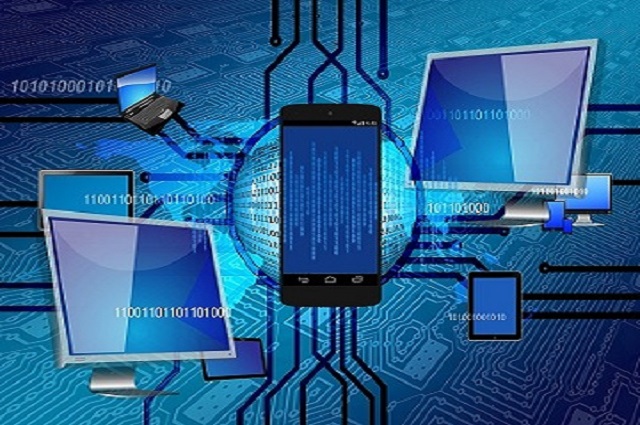
A digital computer system is a type of computing device that uses discrete, numerical data and operations to process information. It is the most common type of computer in use today and is characterized by its ability to manipulate data in the form of binary digits (0s and 1s).
Here are the key Components and Characteristics of a Digital Computer System:
Hardware Components: A digital computer system consists of various hardware components, including a central processing unit (CPU), memory (RAM and storage), input devices (keyboard, mouse, etc.), output devices (monitor, printer, etc.), and various peripheral devices for data input and output.
Binary Representation: Digital computers use a binary system to represent and process data. In this system, all information is encoded using only two symbols, 0 and 1. These binary digits, or bits, are the fundamental units of data in digital computing.
Digital Logic: Inside the CPU, digital computers use digital logic circuits to perform operations on binary data. These circuits use logic gates (AND, OR, NOT, etc.) to manipulate bits and perform arithmetic and logical operations.
Programming: Digital computers are programmable, which means they can execute a wide range of tasks by running software programs. Software is a set of instructions written in a high-level programming language, which is then translated into machine code that the computer's CPU can understand and execute.
Stored Program Concept: One of the defining features of digital computers is the concept of a stored program. This means that both data and instructions (programs) are stored in memory, and the CPU fetches and executes these instructions sequentially.
High Precision and Accuracy: Digital computers are capable of performing calculations with extremely high precision and accuracy, making them suitable for a wide range of applications, from scientific calculations to business operations.
Versatility: Digital computers are versatile machines that can be used for a wide range of tasks, including word processing, data analysis, gaming, multimedia processing, and more. They can be programmed to perform various functions based on user needs.
Digital Storage: Digital computer systems use various types of digital storage devices, such as hard drives, solid-state drives, and optical media, to store data and programs for long-term and short-term access.
Networking and Communication: Digital computers can be connected to networks, including the internet, to exchange data and communicate with other devices and computers, enabling global connectivity and information sharing.
Scalability: Digital computer systems can be easily scaled by upgrading hardware components, adding more memory, increasing storage capacity, or connecting additional peripherals to meet evolving computational needs.
These characteristics distinguish digital computer systems from analog computers, which use continuous signals to represent and manipulate data. Digital computers have become integral to modern life and are used in countless applications across various fields, including science, engineering, business, entertainment, and more.
Thank You